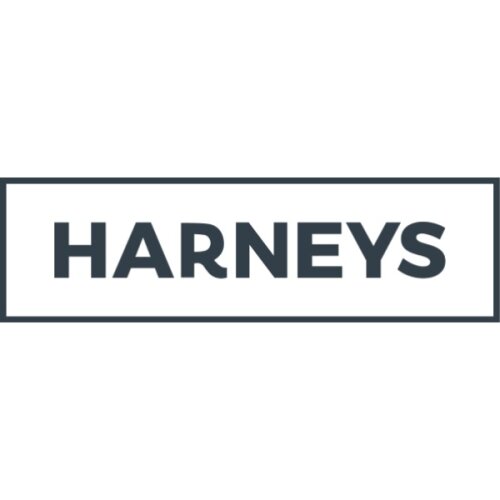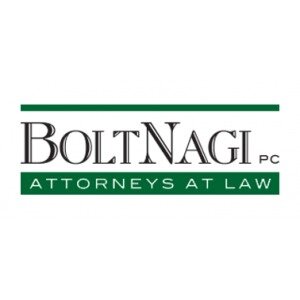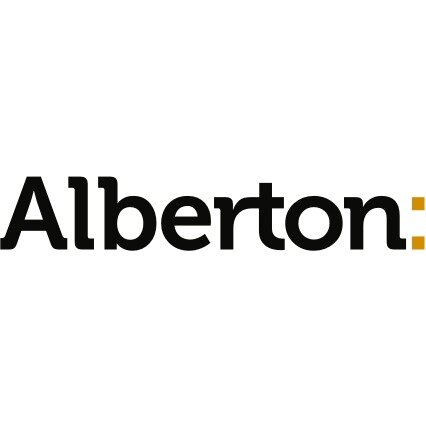Best Water Law Lawyers in Road Town
Share your needs with us, get contacted by law firms.
Free. Takes 2 min.
List of the best lawyers in Road Town, British Virgin Islands
About Water Law in Road Town, British Virgin Islands
Water Law in Road Town, British Virgin Islands, refers to the legal framework governing the use, management, distribution, and protection of water resources within the area. This field covers issues such as water rights, allocation, supply, quality regulation, pollution control, and dispute resolution. Due to the island geography and the importance of sustainable development, water law is a critical area of regulation to ensure the balance between public access, private interests, the environment, and economic growth.
Why You May Need a Lawyer
Legal issues related to water can affect individuals, businesses, government entities, and non-profit organizations. Common reasons why someone in Road Town may need a water law lawyer include:
- Obtaining permits or licenses for drilling wells or using public water supplies
- Disputes over water boundaries or rights between neighbors or landowners
- Issues related to construction near coastlines, wetlands, or other protected water bodies
- Addressing water contamination or pollution claims
- Compliance with environmental regulations for businesses or developments
- Seeking compensation for water damage or flooding
- Ensuring proper access to potable water in residential or commercial projects
Local Laws Overview
In Road Town, water law is mainly regulated by statutes such as the Water Supply Ordinance and associated regulations, along with environmental protection laws. Key aspects include:
- Water Rights and Usage - The government oversees the allocation of water usage rights, especially for extraction from public sources. Obtaining permission is often mandatory for commercial use or significant private extraction.
- Water Quality and Pollution - Stringent standards exist for the quality of potable water, and there are clear prohibitions against polluting inland and coastal waters. Environmental fines and penalties can be significant.
- Infrastructure and Distribution - The Water and Sewerage Department is responsible for managing supply infrastructure. Regulations support the maintenance and upgrade of public systems to ensure access and address leaks or outages.
- Development and Construction - New developments must comply with laws related to drainage, runoff, and water access. Building near ecologically sensitive areas, such as mangroves and wetlands, is closely monitored.
- Coastal and Marine Regulations - Special rules apply for activities near the seashore, including desalination, marinas, or any construction that may impact tidal flows or marine resources.
Frequently Asked Questions
What are my rights to access water on my property?
Individual property owners generally have the right to access water for domestic use, but drilling wells or significant usage from public supplies may require permits.
How do I obtain permission to build near a stream or coastline?
You must apply to the Planning Authority and possibly other agencies for an environmental impact assessment and receive approval before commencing work near water bodies.
Who manages the water supply in Road Town?
The Water and Sewerage Department is the principal body responsible for the management and distribution of potable water in Road Town.
What should I do if my water is contaminated?
Contact the Water and Sewerage Department immediately and consult an attorney if you believe there is legal liability or ongoing harm to your property.
Are there any penalties for polluting water bodies?
Yes, penalties can include fines, orders to clean up pollution, and in serious cases, criminal charges under environmental legislation.
Can I collect rainwater for personal use?
Generally, rainwater collection for private, non-commercial use is allowed, but large-scale collection may require regulatory approval.
What laws regulate commercial use of water resources?
The Water Supply Ordinance and related regulations mandate that commercial users obtain licenses and comply with water quality and quantity restrictions.
Is water metering required for all properties?
Most commercial and residential properties using public water are required to have water meters installed and maintained by the Water and Sewerage Department.
How are disputes over water usage resolved?
Disputes can be settled through negotiation, mediation, or, if necessary, adjudication by the courts. A lawyer can advise on the best approach.
What is the process for reporting a leaking public water pipe?
Contact the Water and Sewerage Department’s hotline as soon as possible, providing location details. Prompt action helps prevent wastage and property damage.
Additional Resources
If you need further information or assistance, consider reaching out to the following resources:
- Water and Sewerage Department - Main agency for public water supply inquiries, infrastructure concerns, and applications for service connections.
- Ministry of Natural Resources and Labour - Oversees environmental and natural resource management including water regulation.
- BVI Environmental Health Division - Handles issues related to water quality and environmental protection.
- BVI Bar Association - Can refer individuals to qualified legal practitioners with expertise in water law.
- Planning Authority - Involved in permitting for development projects affecting water bodies.
Next Steps
If you are facing a water law issue in Road Town, consider the following steps:
- Gather all relevant documentation, such as permits, correspondence, and photographs of affected areas.
- Contact the appropriate governmental department to report hazards, request information, or begin the application process for permits.
- Consult with a qualified lawyer who specializes in water law in the British Virgin Islands to review your rights and obligations.
- Consider mediation or negotiation for resolving disputes before pursuing formal legal proceedings.
- If legal action is needed, your attorney can represent you in court and ensure your interests are protected throughout the process.
Being proactive and informed can help you navigate water law challenges successfully while safeguarding your rights and the environment.
Lawzana helps you find the best lawyers and law firms in Road Town through a curated and pre-screened list of qualified legal professionals. Our platform offers rankings and detailed profiles of attorneys and law firms, allowing you to compare based on practice areas, including Water Law, experience, and client feedback.
Each profile includes a description of the firm's areas of practice, client reviews, team members and partners, year of establishment, spoken languages, office locations, contact information, social media presence, and any published articles or resources. Most firms on our platform speak English and are experienced in both local and international legal matters.
Get a quote from top-rated law firms in Road Town, British Virgin Islands — quickly, securely, and without unnecessary hassle.
Disclaimer:
The information provided on this page is for general informational purposes only and does not constitute legal advice. While we strive to ensure the accuracy and relevance of the content, legal information may change over time, and interpretations of the law can vary. You should always consult with a qualified legal professional for advice specific to your situation.
We disclaim all liability for actions taken or not taken based on the content of this page. If you believe any information is incorrect or outdated, please contact us, and we will review and update it where appropriate.














